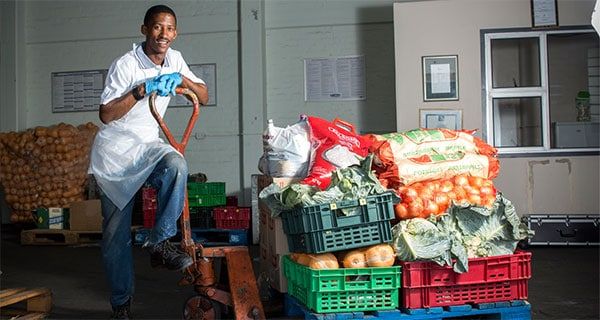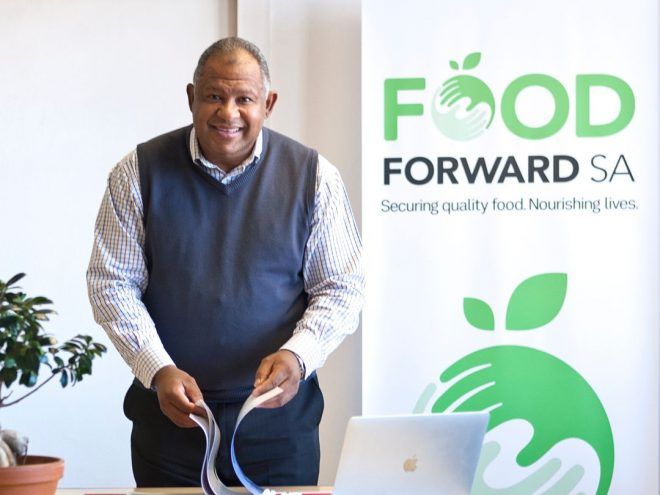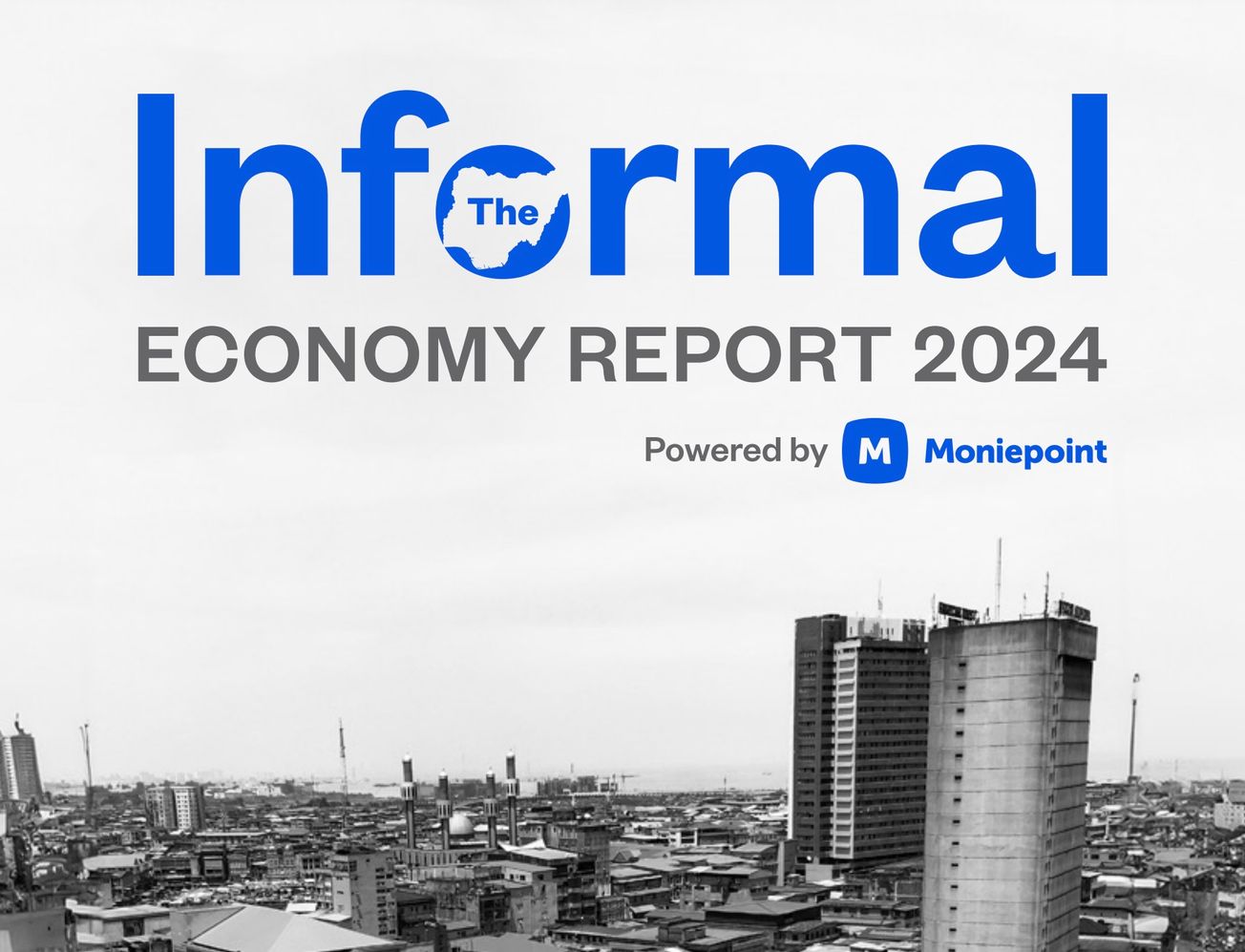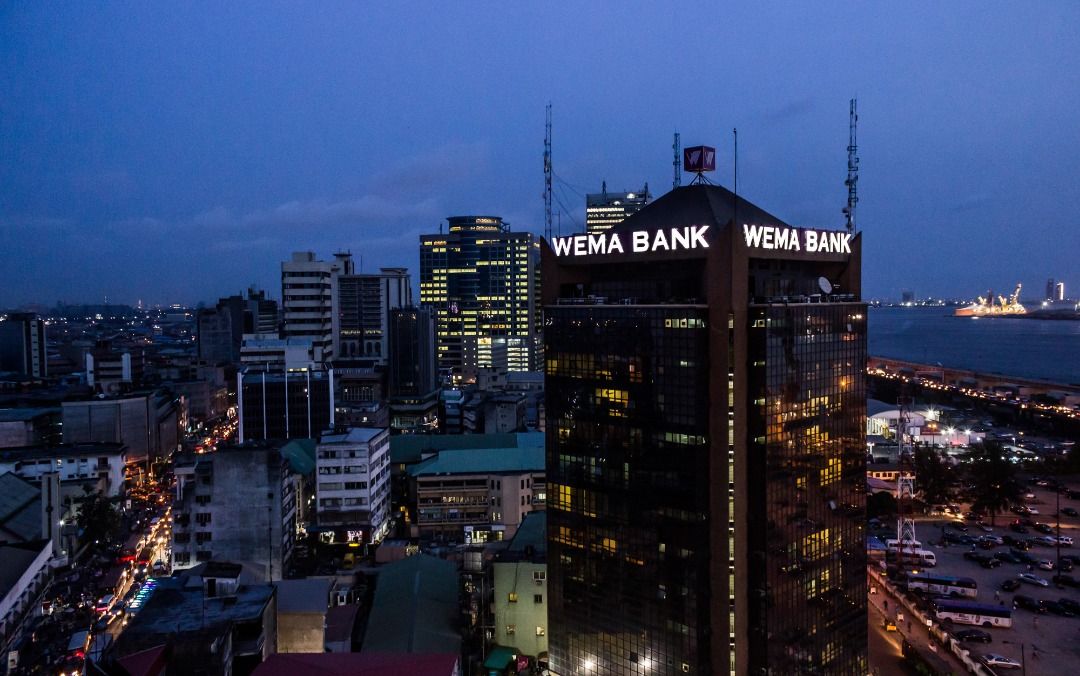FoodForward SA, South Africa’s not-for-profit food redistribution organisation, said the escalating number of poor people will drastically increase the number of vulnerable people needing access to food.
Statistics South Africa data showed that the number of unemployed persons in South Africa had increased to 7.1 million in the first three months of the year, and projections were that the economic impact of the Covid-19 pandemic was going to leave about 50 percent of the population at risk of being food insecure.

FoodForward SA managing director Andy du Plessis said in a statement late last week that “the path to recovery will undoubtedly be long and hard, as we brace for tough times ahead.”
He said that what was done in the next 12 – 24 months, as a country, was crucial to rebuild what was eroded by the Zuma presidency and then decimated by Covid-19.
He said it was too soon to accurately assess the full impact of the lockdown and containment measures associated with Covid-19, but “one thing, however, is clear – millions of people will experience severe hardship for years to come if progress to recovery stalls.”
The National Food Crisis Forum (NFCF) last week released a national mapping survey of various food relief networks. The largest proportion of respondents with a food relief effort was in the Western Cape, with 80 initiatives recorded.
Next was Gauteng, with 49, and the Eastern Cape with the third-highest, at 36. The remaining 41 were spread over KwaZulu-Natal, Limpopo, Mpumalanga, and the Free State. There were no responses recorded in the North West and the Northern Cape.
South Africa's food system also needed to be restructured more efficiently, such as for instance, food companies making sure that they donate surplus food to non-government organisations, which has become law in some countries like France and Italy.








